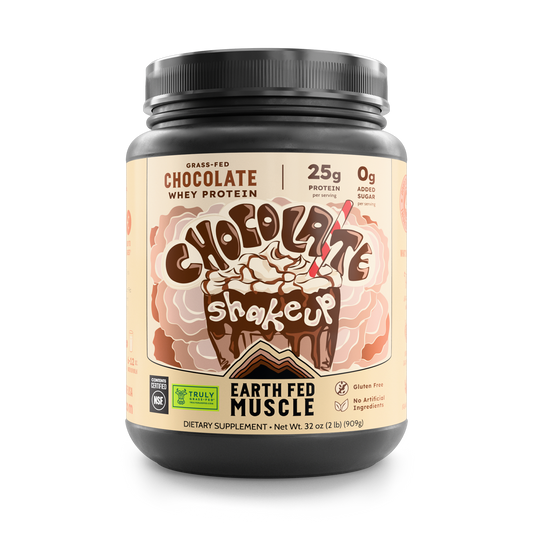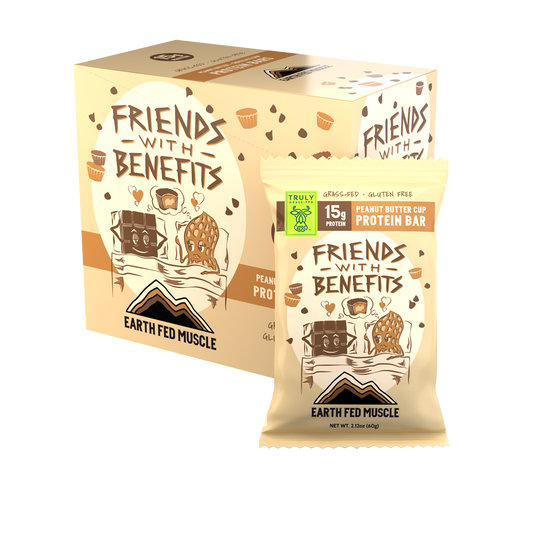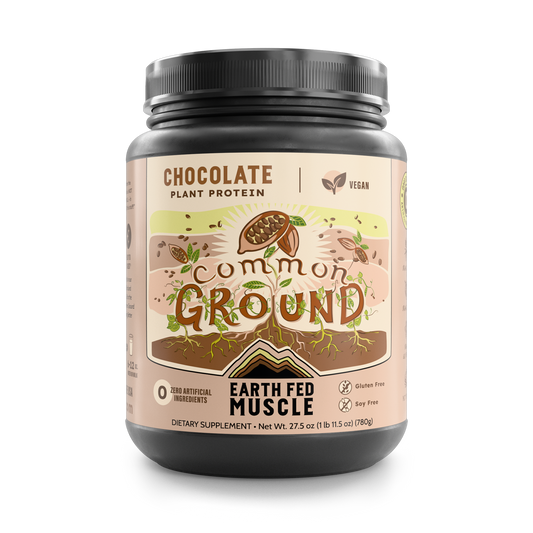You just nailed your workout, and now you're grabbing a protein shake, but does the timing of that shake really matter? Is it more beneficial to have your protein before, after or during your workouts? While getting enough of it daily is key, new studies suggest that the timing of your intake can affect how well your body builds and repairs muscle.
Why Protein Timing Matters
When you eat protein can really affect how your muscles bounce back and adjust to your workouts. After you hit the weights, muscle protein synthesis (MPS) helps change your muscle mass. The way MPS and breakdown interact decides if you gain or lose muscle, with the former reacting more to workouts and what you eat. Keeping track of how your body responds to exercise and nutrition is key for giving athletes and fitness enthusiasts the right protein advice.
Proteins are basically made up of amino acids and serve as the essential building blocks for your body. They help develop everything from muscles to skin, bones and teeth.
Generally, you should consume about 0.7-1.0 grams of protein per pound of body weight each day to support lean body mass and athletic performance. Plus, understanding when to consume protein is becoming more important, so you can tweak your diet accordingly.
The Anabolic Window: Myth or Reality?
Eating within 30 minutes after training is key for muscle recovery and energy replenishment — this 'anabolic window' maximizes muscle building and recovery. It’s good to consume whey protein soon after workouts, but the “anabolic window” is bigger than researchers once thought. Consuming protein a few hours before or after resistance training can start MPS and support muscle growth.
Athletes training often should eat protein in three or four servings throughout the day instead of large amounts less often. Combining carbs and proteins is the best way to boost muscle recovery.
Protein Timing Strategies Based on Lifestyle
Protein is a key nutrient your body needs a lot of. In general, how much you need depends on how active you are, your age, muscle size and health. Your protein plan might change based on how you train and your schedule. If you’re working out for about 45 to 90 minutes, including your warmup, aim for 20 to 40 grams of protein an hour before and 30 minutes to an hour after your workout.
A serving of Chocolate Shakeup Grass-Fed Whey Protein gives you 25 grams of protein. You can adjust the amount and timing based on the sport you're doing. Considering typical sources like beef are at historically high prices, these alternative options are growing more popular.
Chocolate Shakeup Chocolate Grass-Fed Whey Protein
$64.99

Naturally Active
If you lead a mostly active life without intense workouts — like walking, light exercise or casual fitness — your protein needs aren't too high. Generally, aiming for around 0.8 to 1.0 grams per kg of body weight should do the trick. Protein is still important for supplying your body with the amino acids it needs to keep your muscles healthy and aid recovery, especially when you ramp up your exercise.
Want to keep up your protein gain while on the go? For active athletes who want a quick boost, grabbing some Chocolate Brownie or Chocolate Peanut Butter Grass-Fed Whey Protein Bars can be an excellent way to get the health benefits without slowing down.
Chocolate Peanut Butter Grass-Fed Whey Protein Bars
$35.99

Resistance Exercises
These folks usually hit the gym hard and often, so timing is key to getting the most out of their recovery and progress. After a tough workout, your muscles are ready to soak up protein, which is key for repairing and building strength. To boost muscle building and reduce muscle breakdown after exercise, nutrition experts suggest including 0.31 grams per kilogram of your body weight of high-quality, fast-digesting protein — such as whey protein — per meal.
It's a good idea to have some protein three to four hours before you hit the gym to keep your muscles growing and help with recovery. Plus, you’ll digest and absorb any protein you eat before bed, raising your overnight MPS rates.
Cardio-Heavy General Fitness
It's important to fuel your body properly to keep your energy up and prevent muscle loss. Aim to eat between 1.0 and 1.9 grams of protein per kilogram of body weight each day.
If you enjoy running and enroll in a race, one to four hours before the race, you should eat 1 to 2 grams of carbs per kilogram of your body weight. For recovery, focus on proteins and carbs that are easy to digest, along with antioxidants in both solid and liquid forms. Consuming antioxidants and anti-inflammatory foods after a workout helps repair your body and reduces stress caused by exercise.
CrossFit
Getting some protein in before and after your workout is key for recovery, reducing soreness and preserving that hard-earned muscle. CrossFit really pushes your energy and muscle strength, so getting enough protein is essential for keeping your muscle mass intact and aiding in repair.
Protein intake should be up to 30% of your total energy consumption. Make sure to spread this protein intake throughout the day — especially around your training sessions — to avoid losing lean muscle during those tough workouts. Having enough protein keeps your muscles energized to tackle the high demands of your workouts. After a workout or in the morning, try our Common Ground Chocolate Plant Protein, which packs 15 grams of protein per serving.
Common Ground Chocolate Plant Protein
$59.99

So, When Should You Eat Protein?
Getting enough protein daily is important for building muscle, but when you eat it can really impact your results. In the end, the right time to have protein really depends on your personal routine, goals, and body. Whether you go for plant-based shakes, whey, or whole foods, just remember that being consistent and spreading it out during the day is super important. Find what works for you — your muscles will appreciate it.
Author Bio
Jack Shaw is the senior health and fitness writer at Modded as well as a coach and sports enthusiast. For the past 6+ years he's studied and written extensively about how people of all ages and skill levels can stay fit and maintain mental and physical health. In recent years his athletic expertise has been featured in BarBend, TrainHeroic, SimpliFaster and more.
